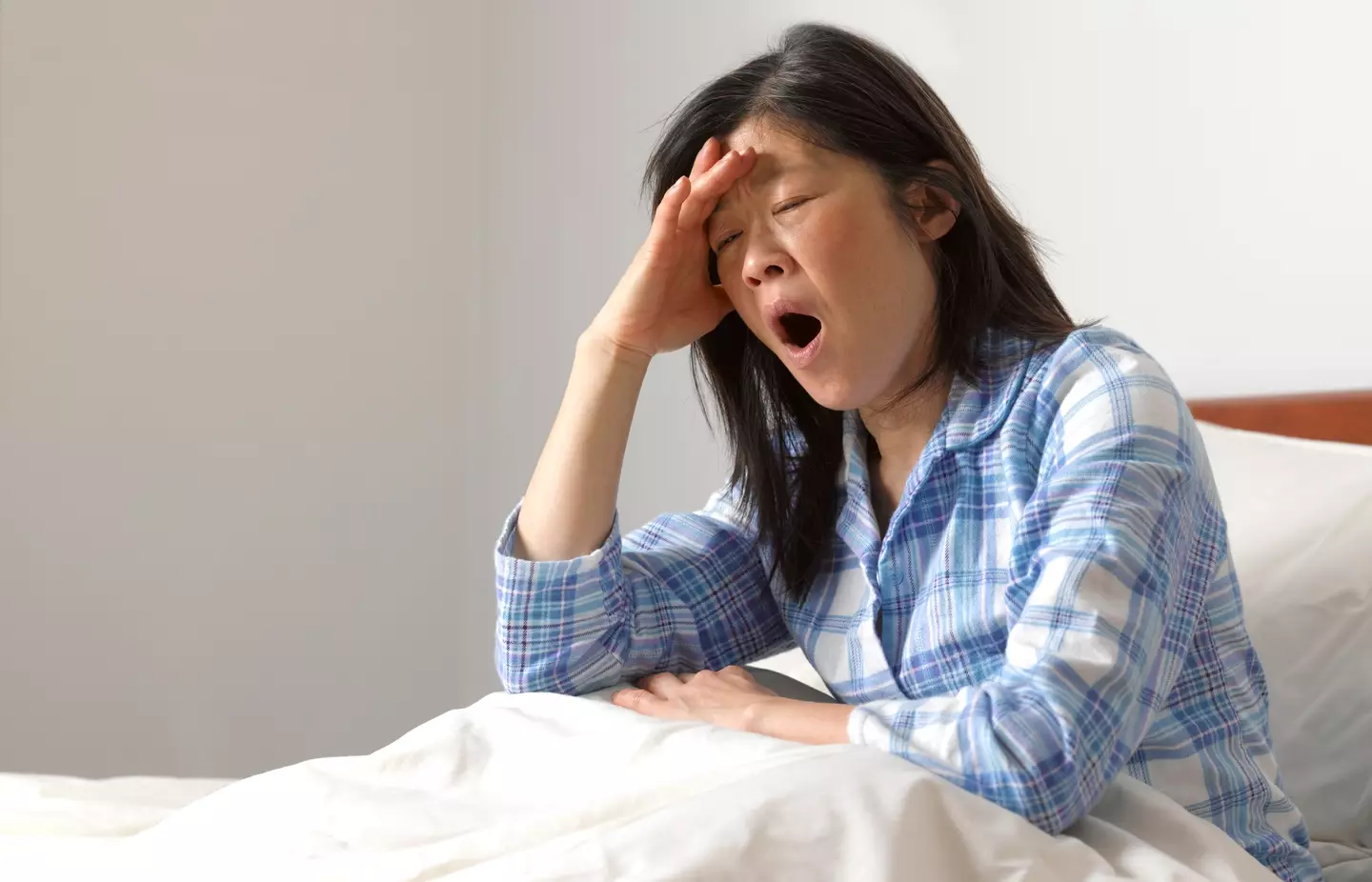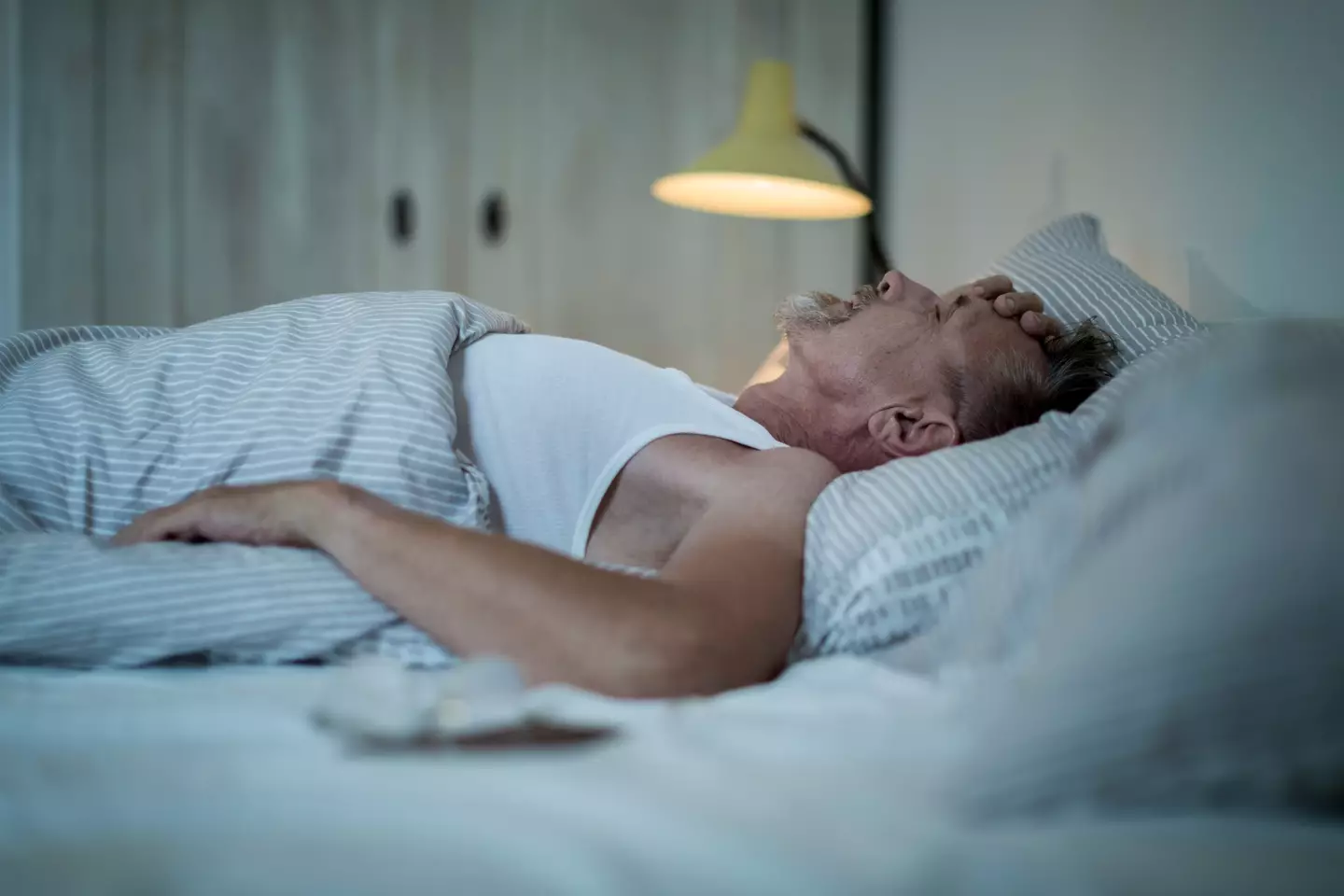
There is a common symptom which many people who have Attention Deficit Hyperactivity Disorder (ADHD) experience - but you might not recognise it for what it is.
There's always going to be an element of unreliability when it comes to a person with no medical knowledge attempting to identify the signs of something.
If you're concerned that you have something like ADHD then the NHS says you ought to speak to your GP.
They can't formally diagnose it but they can talk you through your concerns and potentially refer you to an ADHD specialist who can carry out an assessment.
Advert
Expect to be asked all sorts of questions as part of the process, and be aware that it's stated as being harder to diagnose adults with ADHD than it is children.

As for this common symptom which people can often miss, it's all to do with getting enough time in bed.
According to Medical News Today, around 75 percent of kids and teens with ADHD, along with 80 percent of adults, also had some kind of sleep disorder.
There is something called Delayed Sleep Phase Syndrome (DSPS) where a person puts off going to sleep for two hours or more and then have trouble waking up the next morning.
Many people are 'night owls' who feel more switched on late at night and will often stay up late to make the most of this, but it carries a cost the next morning when the alarm goes off.
All of this adds up to difficulties waking up the next morning as your body hasn't had enough sleep and the internal body clock is all over the place.
The NHS says that those with the inattentive type often tend to go to bed later, while those who are more hyperactive often suffer with insomnia.

For those who are struggling to wake up first thing in the morning, it could be a sign of having some kind of sleep problem - and that's linked with ADHD.
The NHS says that sleep problems are a possible symptom for ADHD which you might want to be on the lookout for, but there are many possible signs which they list rather comprehensively.
They break them down into symptoms of inattentiveness, which means things like having a short attention span, becoming forgetful, struggling to stick to tasks and having difficulty organising what they have to do.
The other category is symptoms of hyperactivity and impulsiveness, which includes being unable to sit still, talking a lot, acting without thinking and having little sense of danger.
For kids to get diagnosed they'd need to have six or more symptoms from each category, while adults need five though theirs are harder to define.
Topics: Health, Mental Health, NHS, Sleep, ADHD